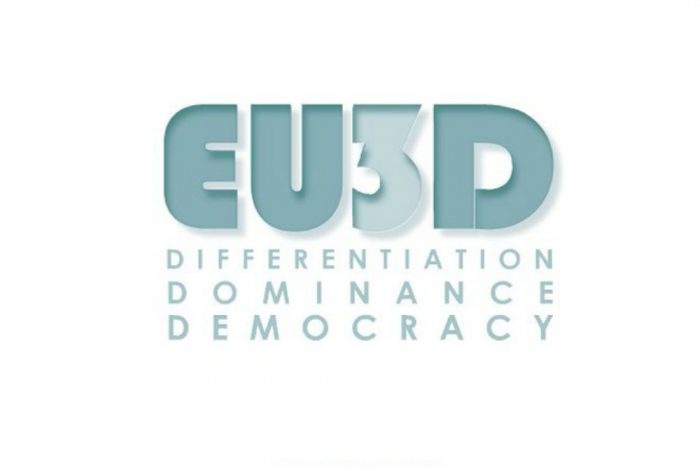An article by Filippa Chatzistavrou entitled “Greece’s accession in the EEC: toward dependency and differentiation” was published in the Journal Comparative European Politics in the framework of the EU-funded research project EU3D and it’s available at the link https://doi.org/10.1057/s41295-022-00314-4.
The full text of the article is available at the link https://rdcu.be/cUUOK.
The paper sheds light on the economic conditions for joining the EEC aiming at outlining the adaptation of Greece to common market doctrinal principles and pervasive precepts. It argues that there was a comprehensive neoliberal consensus to a fairly large extent among Greece’s ruling class and European establishment that Greece’s integration should be based on a strongly unequal supply-chain relationship. It further provides historical and archival evidence about the formation of transnational ideational structures taking place over time and explains how intra-EU dependency became an implicit guiding precept of enlargement governance toward the South. In this perspective, the Greek case gives interesting elements about the historical and intellectual development of the integration in the South revealing how dependency and differentiation are strongly interrelated. It shows that differences in production structures and export composition between the core and the Southern country fed asymmetric relations that once ensured by law allowed particular forms of political differentiation.




